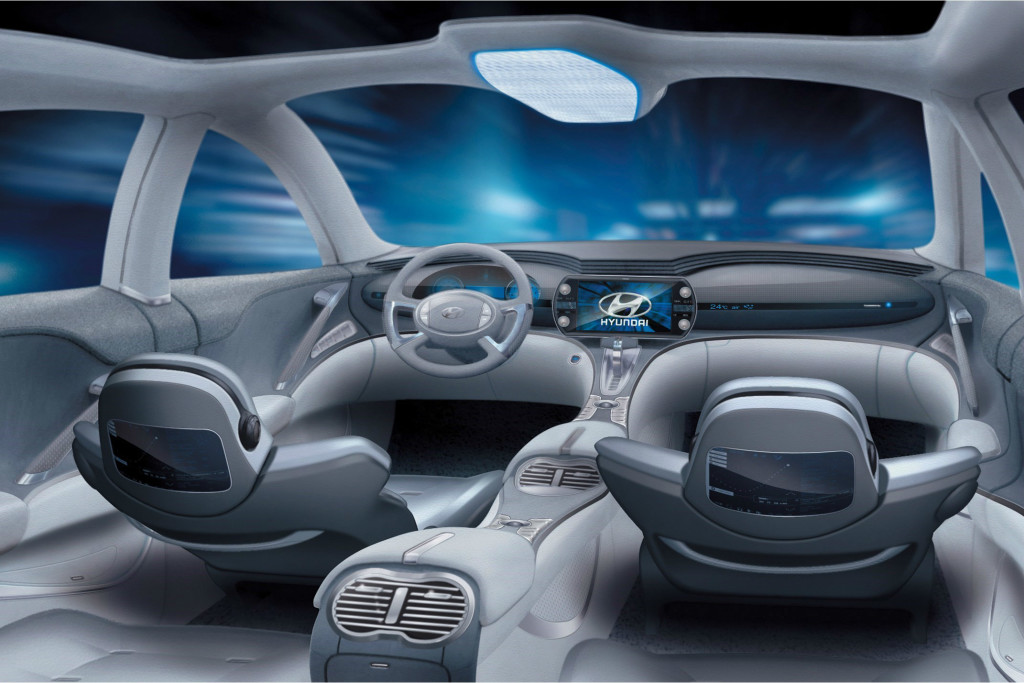 Hyundai Motor has set out the structure, focus and initial ideas of its newly established Project Ioniq Lab in South Korea. The think-tank sets out to explore future mobility solutions through innovation, research and academic projects, as part of Hyundai Motor’s long-term research and development to predict changes in future mobility and create products and services accordingly.
Hyundai Motor has set out the structure, focus and initial ideas of its newly established Project Ioniq Lab in South Korea. The think-tank sets out to explore future mobility solutions through innovation, research and academic projects, as part of Hyundai Motor’s long-term research and development to predict changes in future mobility and create products and services accordingly.
The open-innovation organisation enables cooperation among Hyundai Motor, academic bodies and universities. Through the Lab, the Korean automotive giant will work to suggest ideas for innovative technologies and concepts of tomorrow’s mobility that will enrich our daily lives.
The Lab will explore four key areas: freedom to use mobility whenever and wherever; freedom to connect to everyday life while on the move; freedom from accidents and inconveniences; freedom from environmental pollution and energy exhaustion.
The megatrends set out Project Ioniq Lab’s vision of the world, explaining how mobility will interact with each trend. Through this vision, Hyundai Motor will predict changes in future mobility and study possible scenarios; develop new types of mobility according to changes in society and people’s lifestyles; and create new service models and mobility experiences to extend the role and definition of cars.
Hyundai’s Project Ioniq Lab will be led by Dr Soon Jong Lee, professor of Seoul National University and head of Korea Future Design & Research Institute, who will be supported by 10 researchers and 10 consultant experts.
The group has already issued its first collective output, a summary of 12 future megatrends that are likely to affect the car industry in 2030. They include “hyper-connected society”, “hyper-ageing society”, “high concept society”, “sharing society”, “eco-ism”, “co-evolution”, “neo frontierism” and “mega-urbanisation”. 
Read Hyundai’s roadmap for connected cars.












